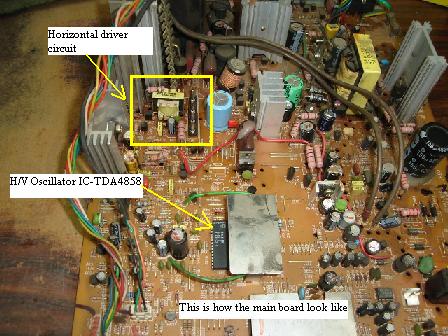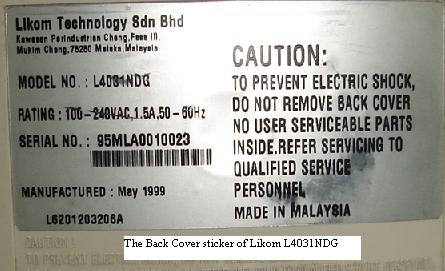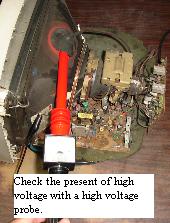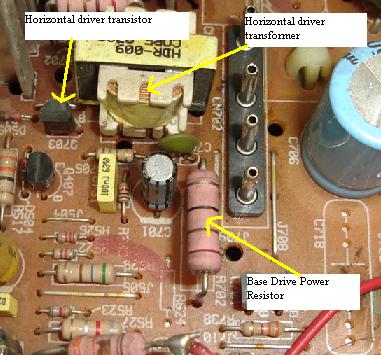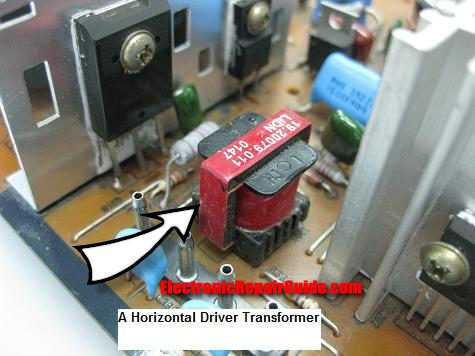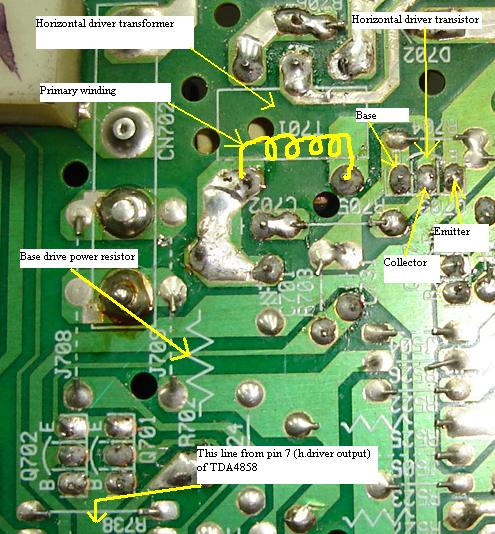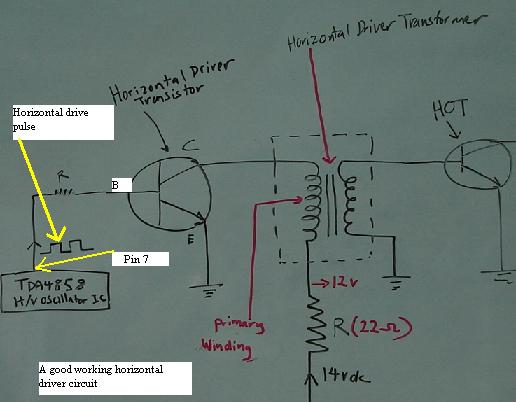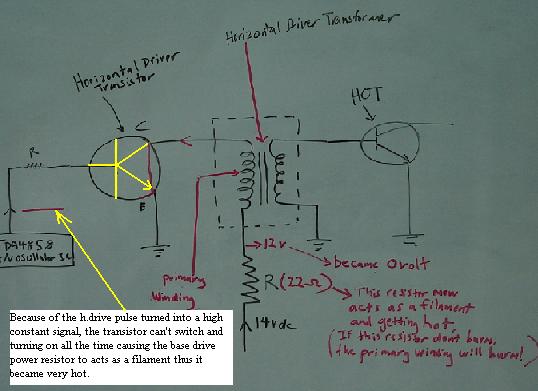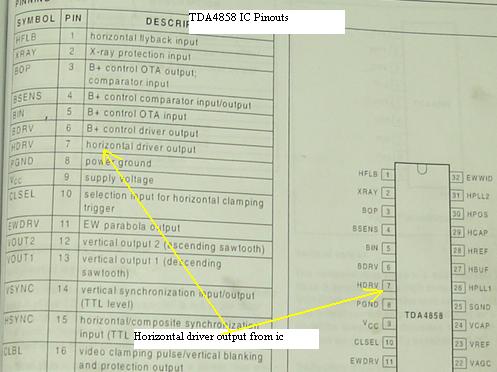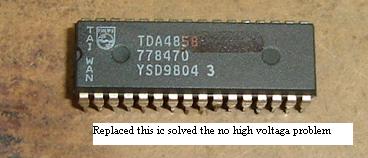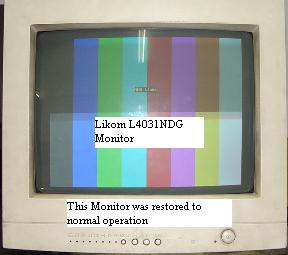How To Repair Likom Monitor With No Display Problem
The complaint for this LIKOM 15” L4031NDG Monitor was no display and has power. Well, no display can be no high voltage, failure in G1, G2 and heater circuit, defective flyback transformer, failure in picture tube and microprocessor or many other reasons . In order to find out the answer we have to switch on the Monitor. Upon switching on the monitor, I could not hear any sound from the monitor but the power led is on (green light). You can’t feel any static at the glass of the picture tube. This could be a sign of no high voltage symptom.
Anyhow, I have to use my faithful Kaise SK9000 high voltage probe to check if the high voltage present at the anode. Sometimes if you can’t feel the static at the glass of CRT, doesn’t mean that the high voltage is not present. It’s only low in high voltage; say may be 10 to 12 kilovolts. Low high voltage and no high voltage are totally two different symptoms. In the above case, my high voltage probe registered zero volts! So it’s confirmed no high voltage problem.
There are many reasons for no high voltage problem. A missing B+ voltage, a defective flyback transformer, no horizontal drive pulse from h/v oscillator ic, low or missing supply voltage to horizontal driver transformer and etc could cause no high voltage. The first point that I have checked was the flyback internal capacitor-the capacitance is within the normal range which is 2.7 nanofarad. If the internal capacitor is shorted, it would cause no high voltage. The second point that I have checked to be okay was the B+ voltage. It showed about 50 + volts and this mean there is supply entering the B+ pin of flyback transformer.
When checking the third point (the voltage at the primary winding of horizontal flyback transformer), I found that it has zero volt which is very unusual. The base drive power supply input has about 14 volts but after the resistor it showed zero volts (by right it should have about 12 volt-voltage drop after the resistor). When I placed my finger on the base drive power resistor just after switching off the Monitor, I could felt it was very hot. Now this is what we call a clue. A good working base drive power resistor won’t get hot till it burns your finger! There must be something that has gone wrong or shorted that makes the power resistor turned extremely hot. From the result we get, we can say that the horizontal drive circuit is having problem so my concentration is on this circuit.
A shorted horizontal driver transformer primary winding, horizontal driver transistor, components surrounding this circuit could cause the power resistor to turn hot. The horizontal driver transformer primary winding can be check by using a dick smith flyback tester while the horizontal driver transistor and surrounding components can be test with a normal multimeter. The result, surprisingly not even one component in this circuit found to be faulty.
Since I could not locate the defective components, the only way to find out the culprit is to come out with my own schematic drawing base on this monitor circuit (using monitor circuit theory to solve problem).
When the monitor is turned on the h/v oscillator tda4858 will receive a supply voltage about 9-12 volts from power supply. Then it will send a square wave pulse to horizontal driver transistor through pin 7 (horizontal driver output) to cause the transistor to switch. Once the horizontal driver is switching the horizontal driver transformer would work and a base signal was produced to turn on the Horizontal output transistor (HOT). This HOT would then drive the flyback transformer and 24 kilovolt would appear at the anode.
I asked myself what if the h/v oscillator ic tda4858 instead of producing a square pulse, it produce a constant signal? If it sends out a constant 5 volts signal to the horizontal driver transistor, then this transistor would not switch and causing it to turn “on” all the time. If this happen, the base drive power resistor and the horizontal driver transformer primary winding would suffer. The base drive power resistor and the horizontal driver transformer primary winding now would acts just like a filament or a lamp!. No wander the base drive power resistor was getting hot when the monitor was turned on.
After carefully studied the horizontal drive circuit, I’ve made the conclusion that it was the h/v oscillator tda4848 that sends a wrong signal causing the base drive power resistor to get hot and at the same time causing no high voltage in the monitor. I did not use an oscilloscope to check for the square wave in order to prove my theory right because I’m very certain that it was the h/v oscillator IC that output a wrong signal that caused no high voltage.
You would not believe this; yes it was this culprit (TDA4858) that caused no high voltage problem. After replacing the IC, the high voltage immediately energized and the zero volts measured at the pin of horizontal driver transformer now showed 12 volts! What a relieved and a great satisfaction in my heart. I believe if we continue to switch on the Monitor for a longer period, either the base drive power resistor or the horizontal driver transformer primary winding would burnt out causing it to open circuit.
Repairing Monitors need patience, understanding how Monitor work and its signal and also the right way to test electronic components. If the practical way can’t solve a problem, you can always use the theory way to help you out. Thus it is important to know on how to read a monitor schematic diagram. Don’t give up and continue to learn and I believe one day you shall achieved what’s desired in your heart! Have a good day!
Likom L4031NDG Monitor
|
|
Copyright@ 2006-2014-www.ElectronicRepairGuide.com All Rights Reserved
